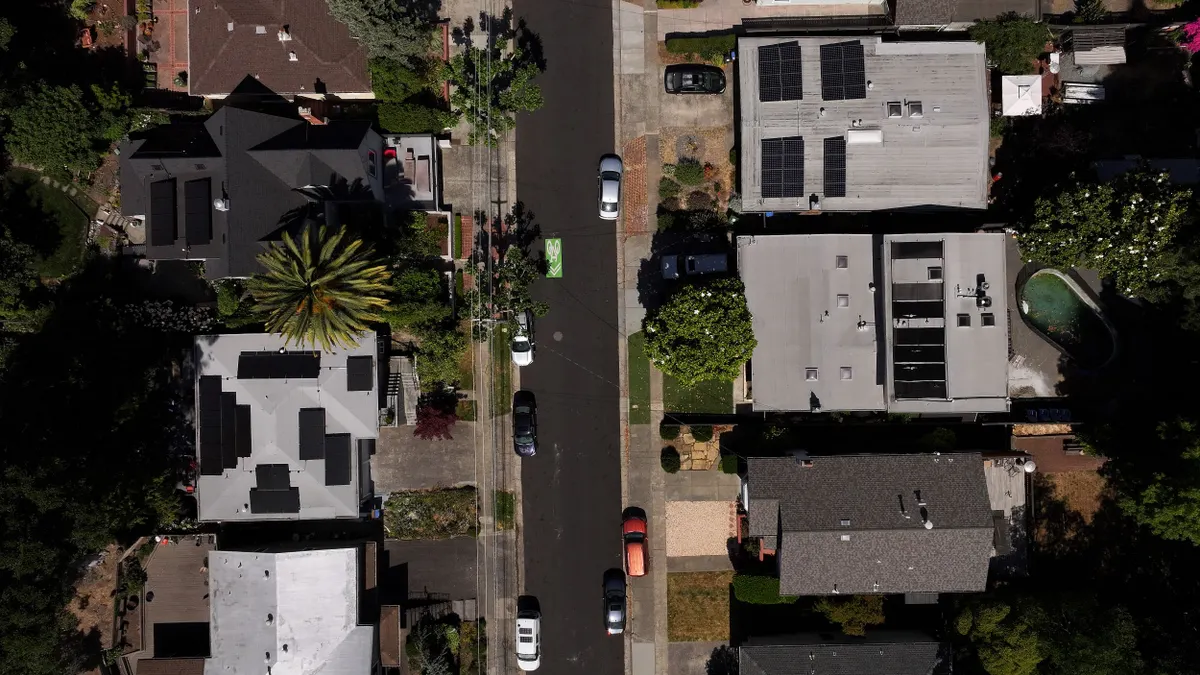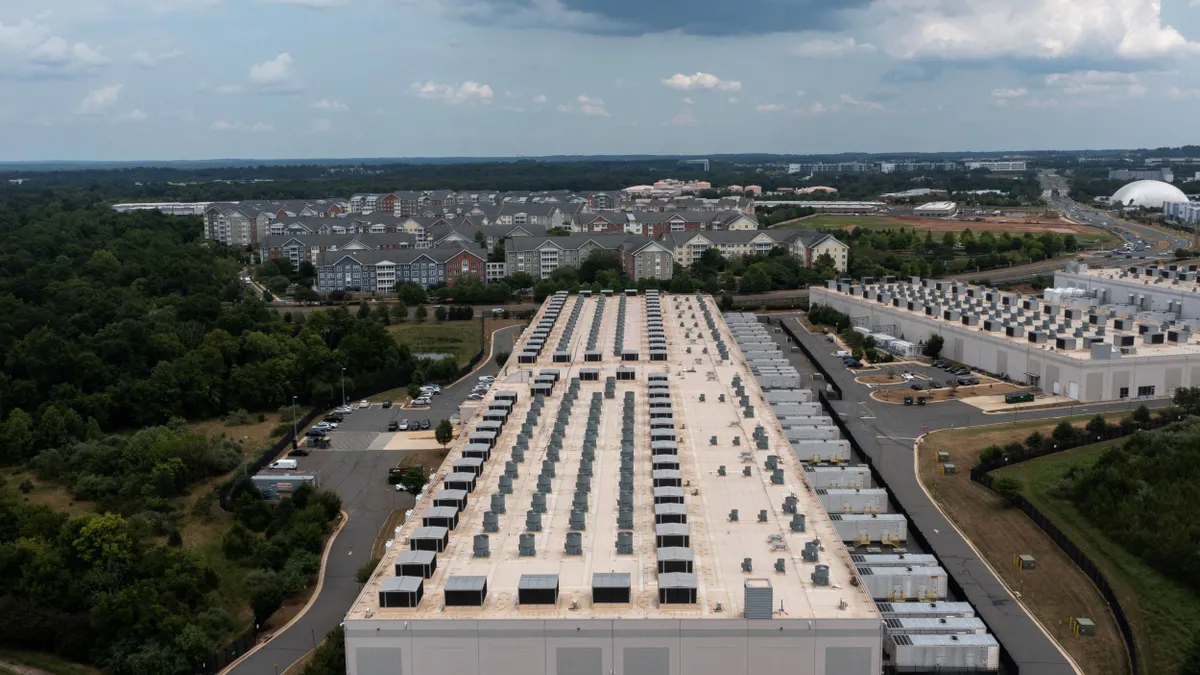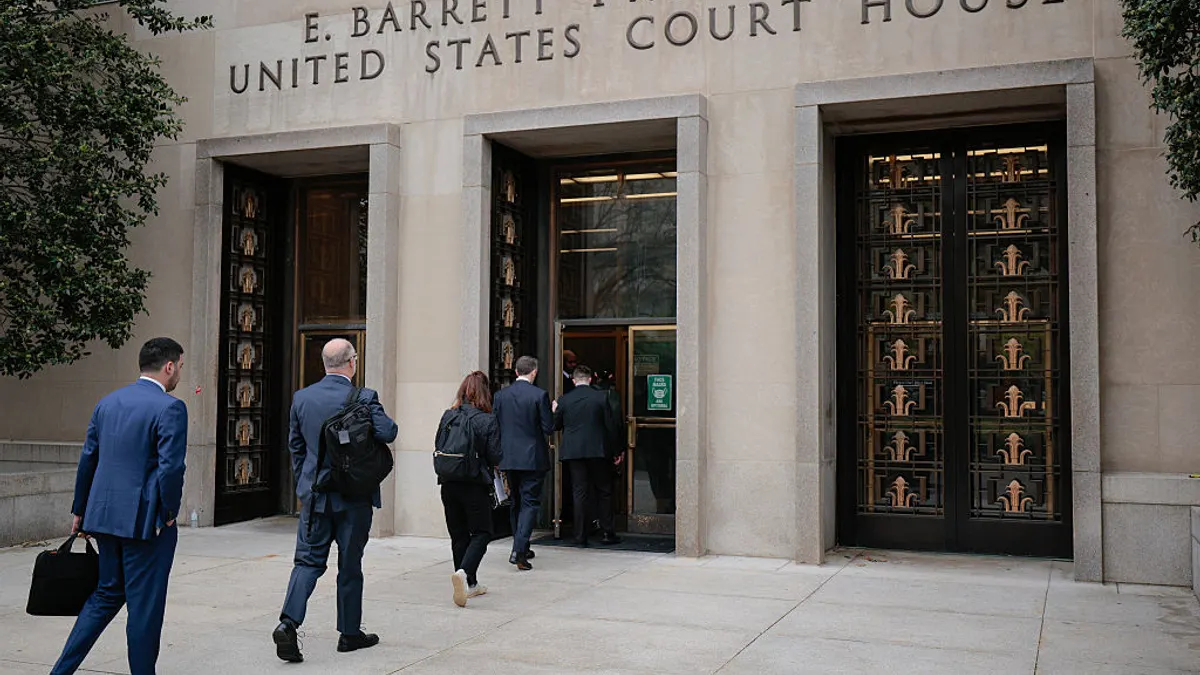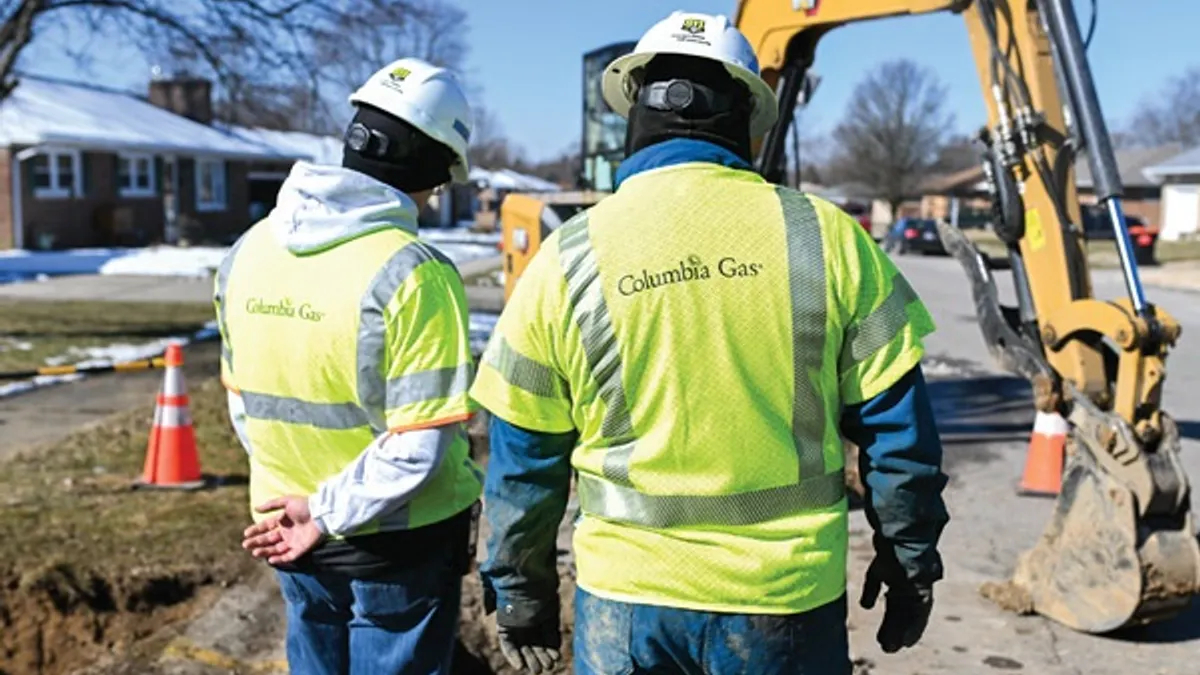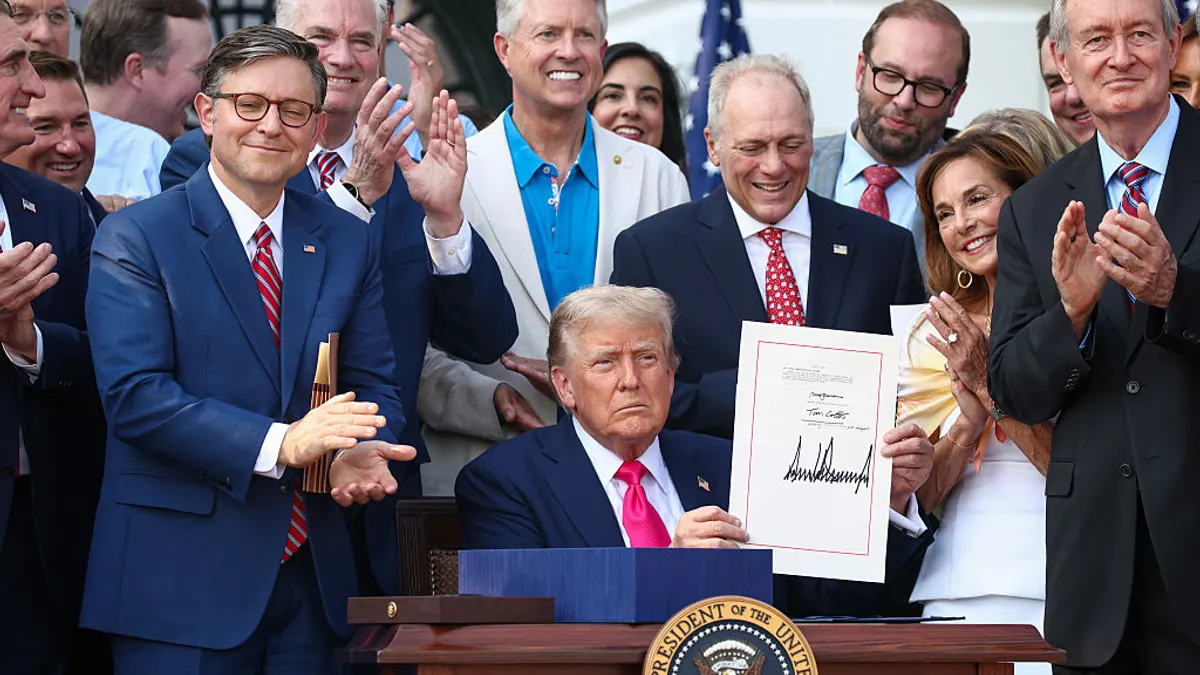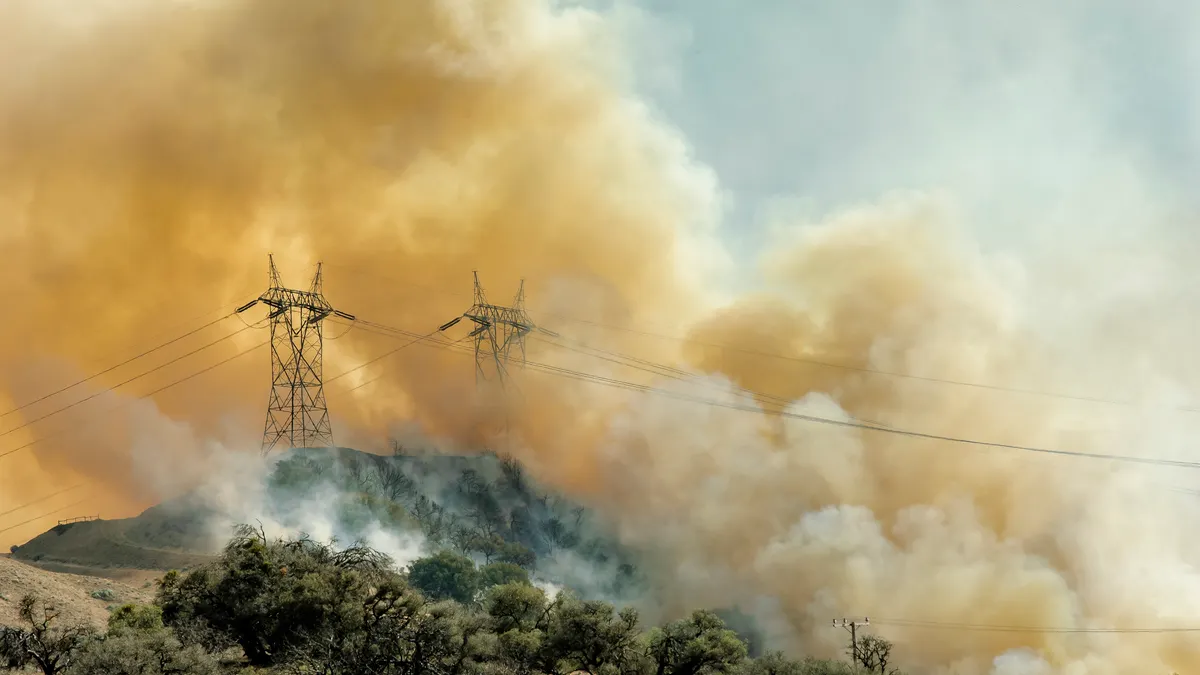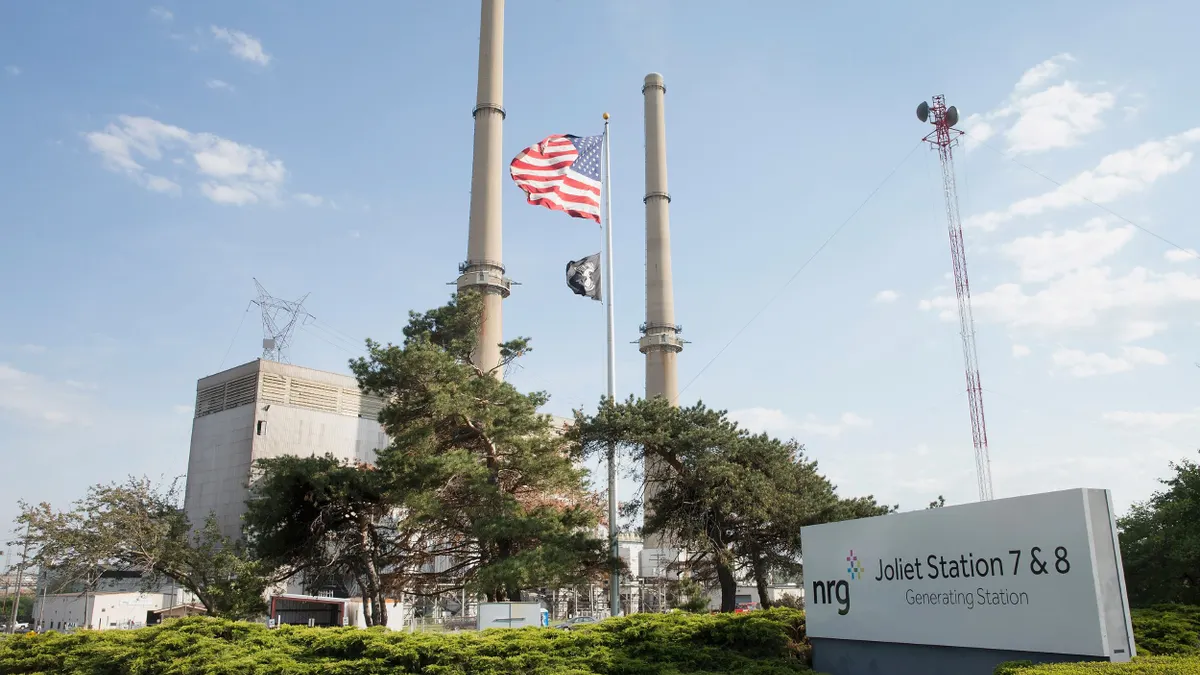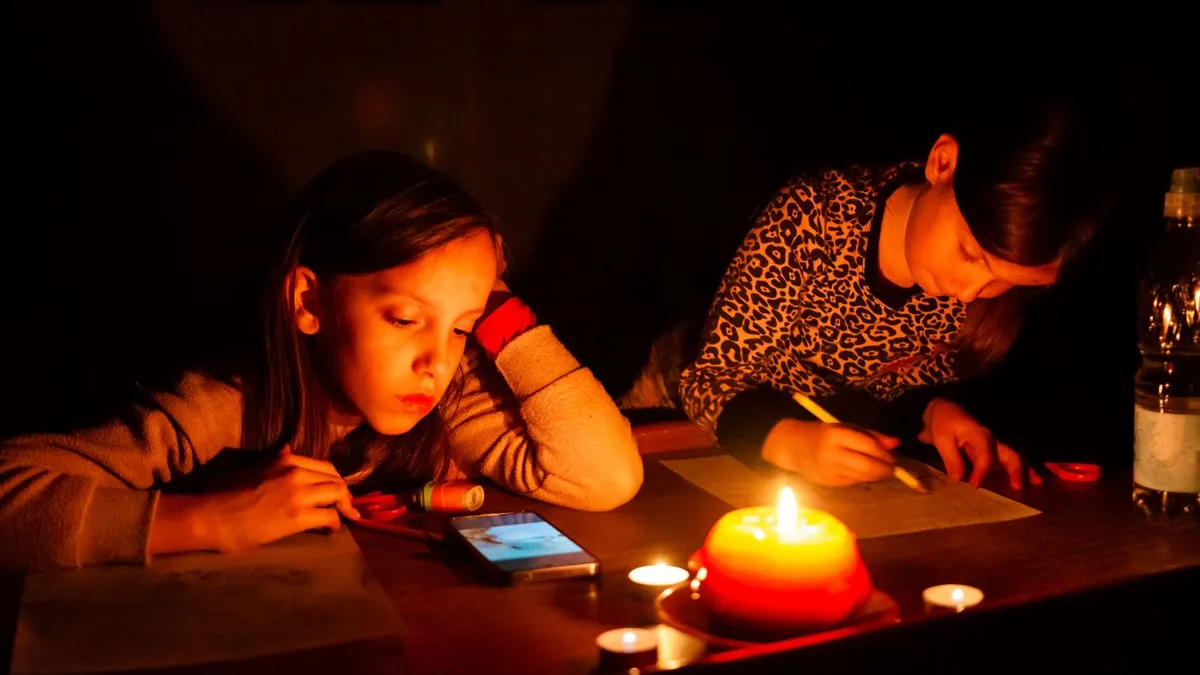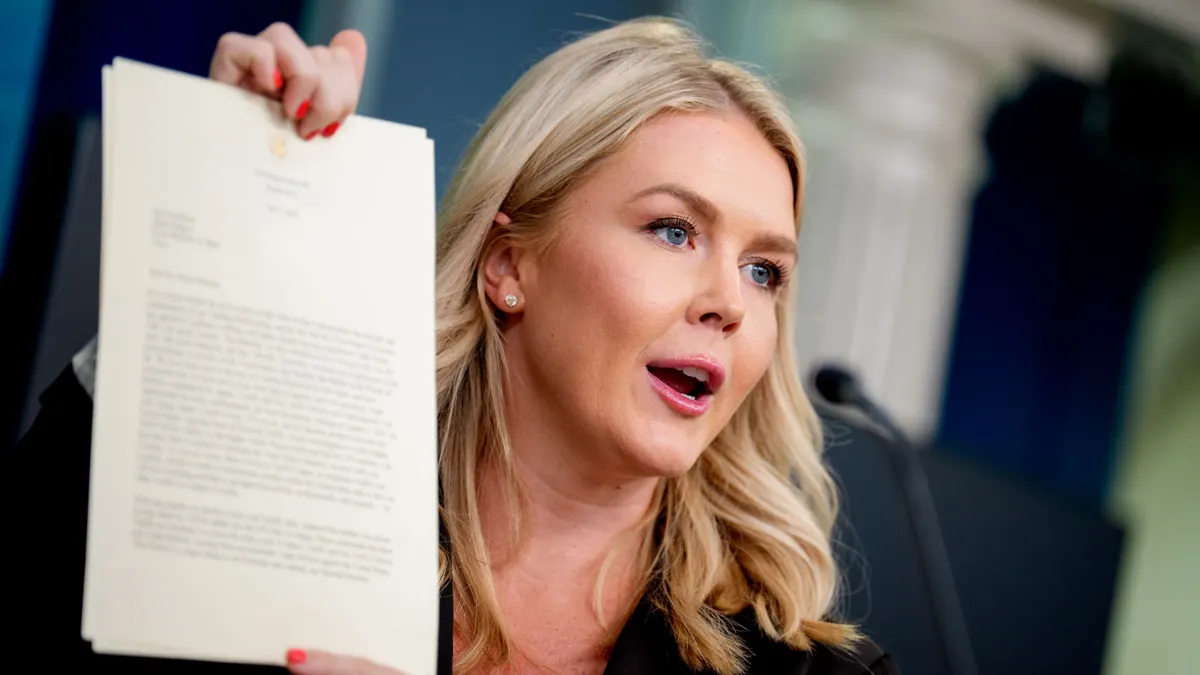The city of Minneapolis has agreed to a clean energy partnership observers say is unique. As part of franchise negotiations with CenterPoint Energy and Xcel Energy, the two incumbent utilities agreed to participate on a board assisting the city in meeting its carbon goals.
"There's no other partnership like this in the country," said Minneapolis City Council President Barbara Johnson. "Although we've worked collaboratively with the utilities before, we'll now be teaming up with them to meet the city's clean energy goals. We stand to accomplish more together than on our own."
The utilities say they are on board as well. Xcel Energy called the deal an "exciting new stage" in the company's partnership with the state. Dave Sparby, president and CEO of Northern States Power Co.-Minnesota, an Xcel Energy company, said the company wants to help Minneapolis "achieve its goal to be a national model for sustainability.”
Joe Vortherms, vice president of Gas Operations for CenterPoint Energy, noted that "over the past several months, the franchise discussions have given us the opportunity to work with city staff and energy advocacy communities in ways that have allowed us to get to know each other a lot better … the resulting franchise agreement and Clean Energy Partnership are things we can all feel good about."
The city's goals are aggressive. In 2013, the Minneapolis adopted a target of reducing greenhouse gas emissions by 15% by 2015, 30% by 2025, and 80% by 2050, all from a 2006 baseline. But while the partnership itself is unique, so is the process environmental activists used to reach it. The deal effectively ends a strategic push for the city to develop a municipal utility—a strategy spearheaded by a group called Minneapolis Energy Options (MEO), which was focused on cleaning up the city's carbon footprint.
Minneapolis needed leverage
Minneapolis' franchise agreements with Xcel and CenterPoint, both signed in the early 1990s, expire at the end of this year. The new agreements begin in January 2015 and have a term with a minimum of five years and a maximum of 10, with the potential to renew for up to 20.
As the deadline began to approach MEO recognized an opportunity, according to the group's leader, John Farrell.
"We started to think, 'this is a really interesting opportunity. We should try to take advantage of it. But if we're going to make anything out of it, the city is going to need some leverage and some real power. And we don't think they're going to have any real power unless they start talking about municipalization.'"
MEO never really backed municipalization, though Farrell said the idea has supporters. Instead, the organization wanted to push utilities to take part in the city's clean energy goals. A report in February had identified a partnership with utilities as one way the city could meet its energy goals, and added that "relying entirely on utilities to meet city energy goals is not an acceptable condition."
Ultimately the city didn't push a ballot initiative on municipalization, in part because of a legal question. It was unclear, Farrell said, whether or not the city had to intend to actually create an electric muni if it was going to put it on the ballot. But at that point, Minneapolis already had the leverage needed to get utility help on its clean energy goals.
CenterPoint spokesman Rebecca Virden acknowledged the situation was unique.
"The track record appears to be pretty poor across the board ... when it comes to inserting that type of language into an agreement," she said. But in this situation, "as part of the franchise negotiations, we had some environmental and community interveners who were really compassionate and cared about our carbon footprint and the climate action plan that the city of Minneapolis had already voted into place."
As part of the negotiations, both utilities signed on to a clean energy partnership under which they will participate on a board that also includes the mayor, two council members and the city coordinator. An Energy Vision Advisory Committee will also be established to provide feedback on the board’s work plan and gather feedback from Minneapolis communities.
CenterPoint's Virden said ultimately the city, consumers and utilities all want cleaner energy. But she said the talk of municipalization, in the context of the franchise discussions, "did provide leverage for the negotiations and the talks on the city side."
The board’s work plan will be shaped by Minneapolis’ adopted Climate Action Plan, which in addition to the emissions reductions targets will focus on giving customers additional choices about the way their energy is generated and increasing residential and business use of new and existing energy-efficiency and renewable-energy programs.
Muni fight a model for other communities?
Farrell, who is also director of Democratic Energy at the Institute for Local Self-Reliance, said he hopes what Minneapolis did can be a model for other municipalities. But he stressed that the process was lengthy, requiring door-to-door canvassing and lobbying local political candidates.
"It was a robust campaign and I won't downplay that it was a fair amount of work," Farrell said. "But at the same time, we've now laid the groundwork for how cities can establish these partnerships. And it strikes me that it would be very difficult for a utility to come to another city … that has asked them about doing this, and tell them 'no' because the whole notion behind this was, 'we want to work with you.' So I do think this could be a very powerful prototype for a model."
The city has now adopted a framework for how the partnership will work, and sometime in the next six months to a year a work plan will be released, which Farrell said he hopes will highlight in-depth strategies for meeting Minneapolis' goals.
But ultimately: "I'm still a skeptic—a hopeful skeptic—about how this will turn out," he said, "whether or not the utilities will really put forward and execute strategies that will make a meaningful difference to supply and local energy production and all the things we feel are important."






